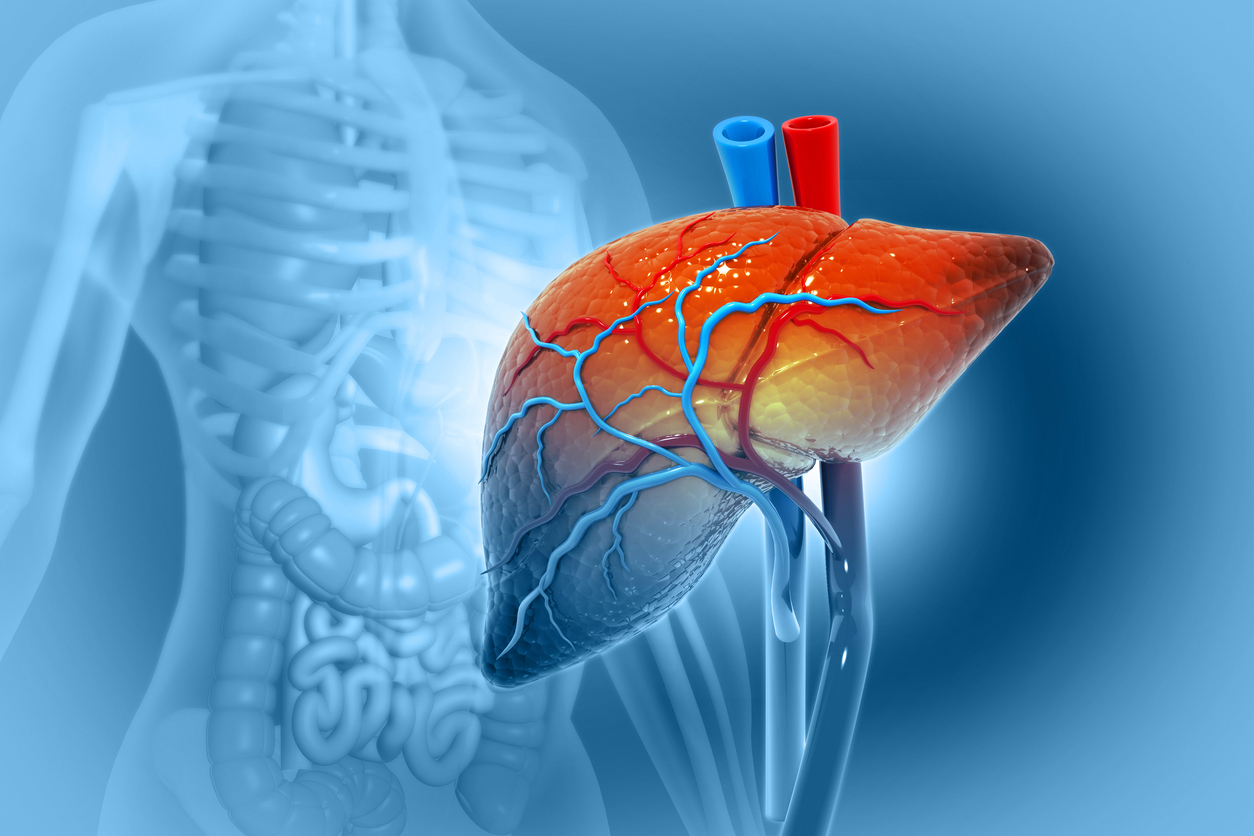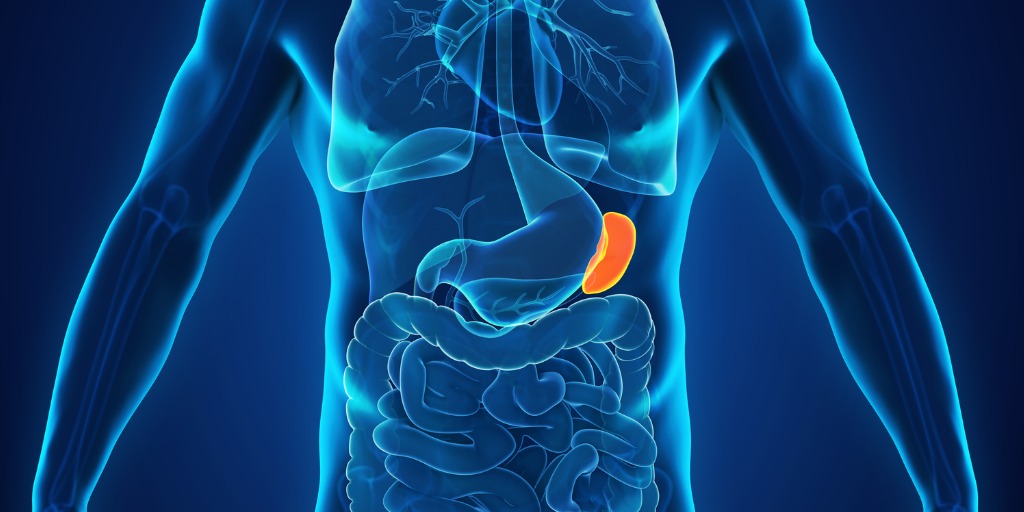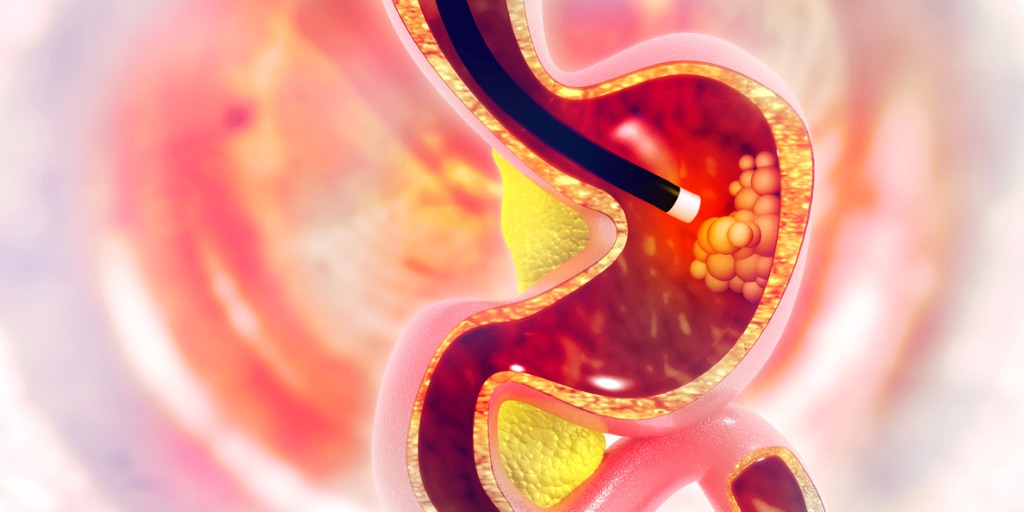General Surgery & MI (Minimally Invasive) Surgery
General surgeries refer to multiple types of common surgical procedures. Minimally Invasive surgeries (MI) involves fewer cuts, lesser pain, and faster recovery, which makes them comparative more advantageous than other surgeries. Robotic surgery and Laparoscopy are some of the commonly performed MI surgeries.
Robotic surgeries involve the use of a mechanical arm and camera arm with advanced surgical equipment that provides a precise 3D magnified view of the site to be operated. Laparoscopic surgeries involve a tiny camera, small tubes, and fewer incisions that provide a better view of the targeted surgery area inside your body.
We at Hawari Global offer the best-reputed hospitals and clinics for providing effective treatments for you. The doctor or surgeons will analyze and study your condition and decide the right treatment for you accordingly.








